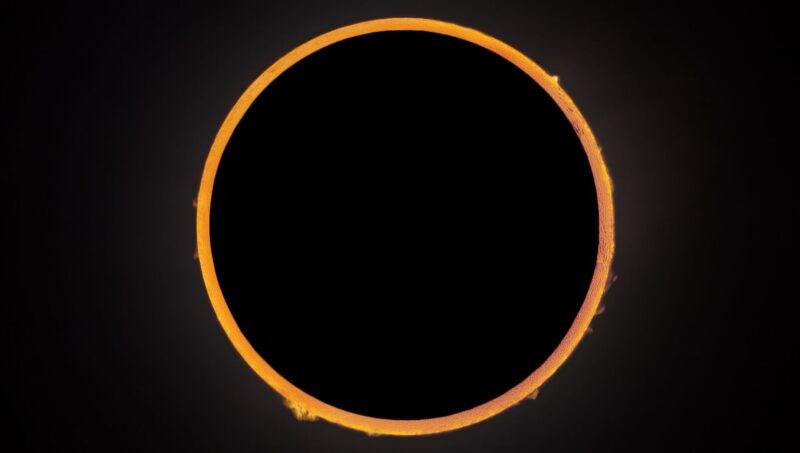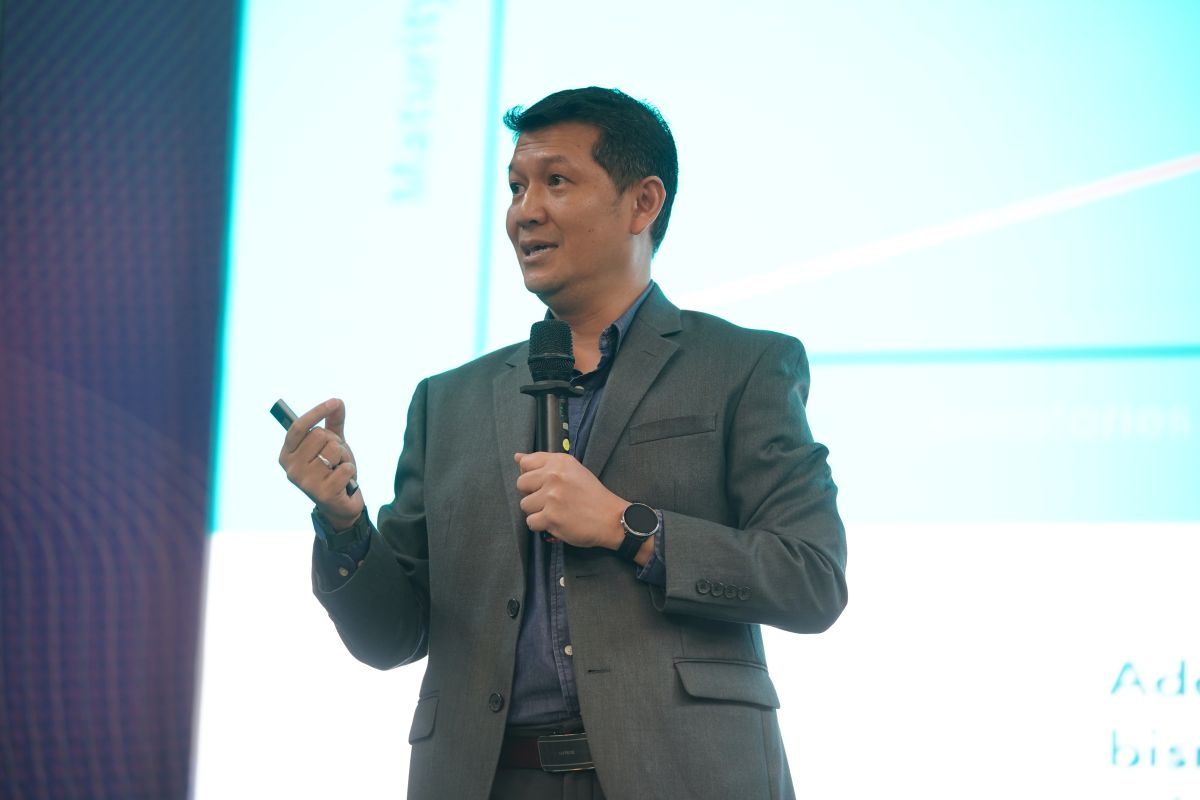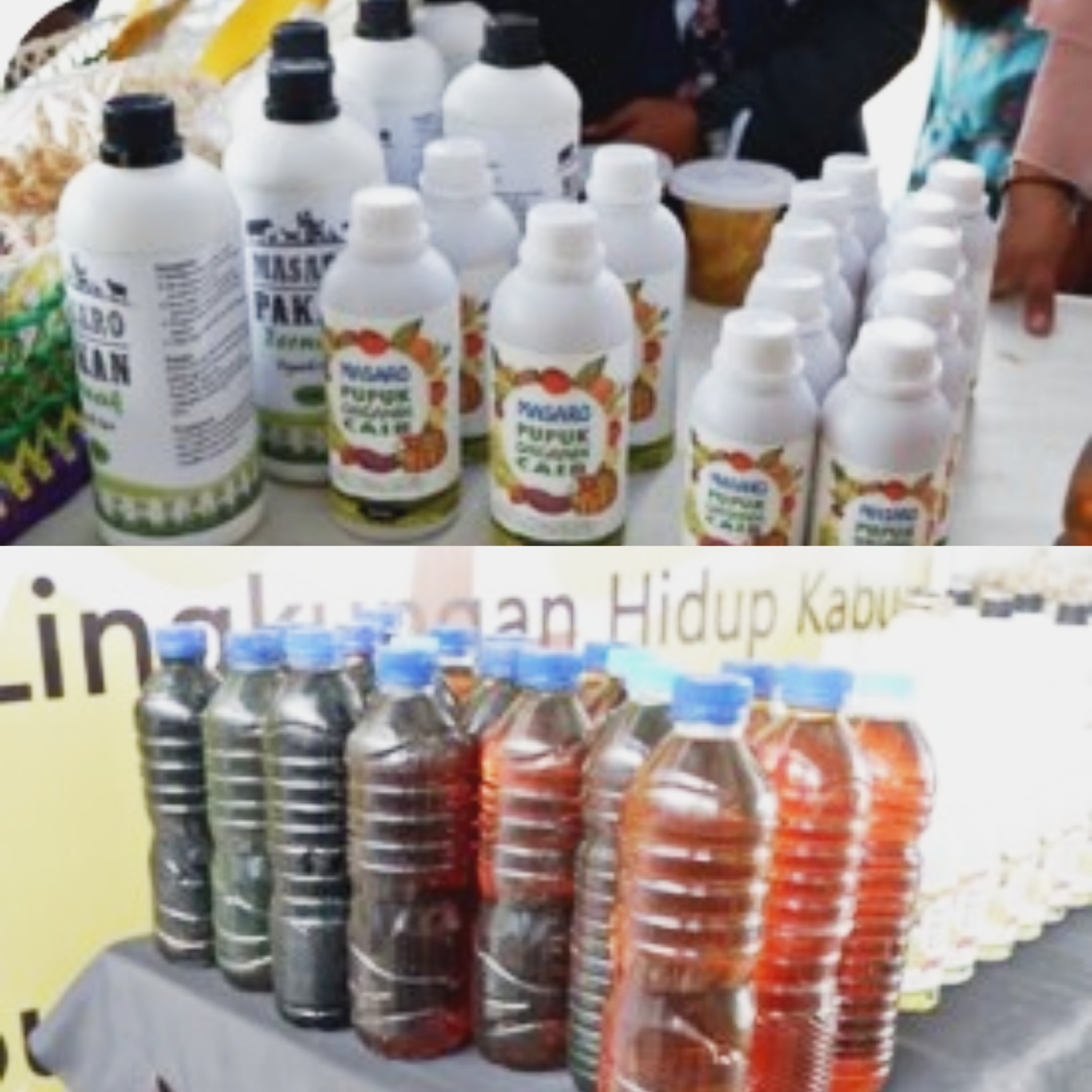ITB Bioengineering Undergraduate Students Designed Mangosteen Rind Cellulose Waste Treatment System
By Asep Kurnia, S. Kom
Editor Asep Kurnia, S. Kom

BANDUNG, itb.ac.id —3 semester 5 students from the Bioengineering Study Program under the guidance of Mochamad Firmansyah, S.T., M.Sc., won 1st place as well as Best Presentation in the National Scientific Festival 2022 (NICEFEST 2022) Scientific Writing Competition held by the Universitas Negeri Semarang Faculty of Sport Sciences. The 3 students are M. Zaki Arrazi (11220016), Najwa Naila Salsabila (11220027), and Nicodemus Billy Lai (11220021). They competed with other students from all over Indonesia in inventing innovative ideas in relation to the theme “The Contribution of the Young Generation in Achieving Sustainable Development Goals (SDGs) for the Realization of Indonesia Emas 2045”.
From the theme that was already decided upon, the three focused their study on the technology sub-theme. As Bioengineering students, they tried to create a bio-based industrial system that utilizes cellulose waste from mangosteen rinds. Their goal is to design a sustainable industrial system with a waste management approach towards zero waste. The mangosteen rind industry was chosen because it is considered as a rapidly growing industry in Indonesia yet still produces large amounts of cellulose waste, which is around 60-70% of the rest of the extraction process.
“We tried to search up about waste treatment. One of the methods we found was valorization with the black soldier fly. It turned out that the use of black soldier flies was also rampant. So, we simply want to reduce waste so that industries with enormous potential can keep running sustainably and we can feel the benefits.” Nicodemus explained.
Based on these findings, the three agreed to create an integrated mangosteen rind waste treatment system to produce antioxidant extracts. The final product of the system they designed will be in the form of animal feed, liquid fertilizer, and compost. This system utilizes biological agents in the form of black soldier fly (Hermetia illucens) larvae which will act as bioreductors for organic waste. The fly larvae will then perform bioconversion towards the cellulose waste assisted by the addition of solid tofu waste and water. This innovation of theirs was written into a full paper titled "Development of Valorization Technology and Production of High-Value Bioproducts from Integrated Mangosteen Rind (Garcinia mangostana) Waste Treatment Utilizing Biorefinery-Based Black Soldier Fly (Hermetia illucens) Larvae Agent to Realize SDGs 2030".

“This fly (black soldier fly) larva has the ability to reduce organic waste up to 80% per day, making it very effective for bioconversion. The cellulose waste will later be converted into compost or liquid fertilizer. Meanwhile, the larvae will turn into pre-pupae which can be dried and processed into animal feed rich in carbohydrates, protein, and fat,” M. Zaki said.
From an analytical side, they provided 3 main methods, which are mass balance analysis, flow diagram, and economical feasibility. These 3 analyzes were used to show the product’s feasibility and efficiency from both production and economic aspects. From the various analyzes they conducted, it was concluded that the system they have designed met the production and economical feasibility so that it can be scaled up to an industrial scale.
Najwa added, “In the case of the mass balance, we analyzed the inputs and outputs from the mass flow in the system while making the flow diagram to ensure whether the residue produced has been maximized or not. We conducted the economical analysis using various methods, namely Gross Profit Margin, Net Present Value, Internal Rate of Return, and lastly, Payback Period too.”
The three admitted to get inspiration from the professional and scientific division of Bioengineering Student Association as well as a lecturer’s research on the application of the black soldier fly.
Reporter: Hanifa Juliana (Urban and Regional Planning, 2020)
Translator: Hanna Daniela Ayu (Aerospace Engineering, 2021)


.jpg)

.jpg)
.jpeg)

.jpg)

